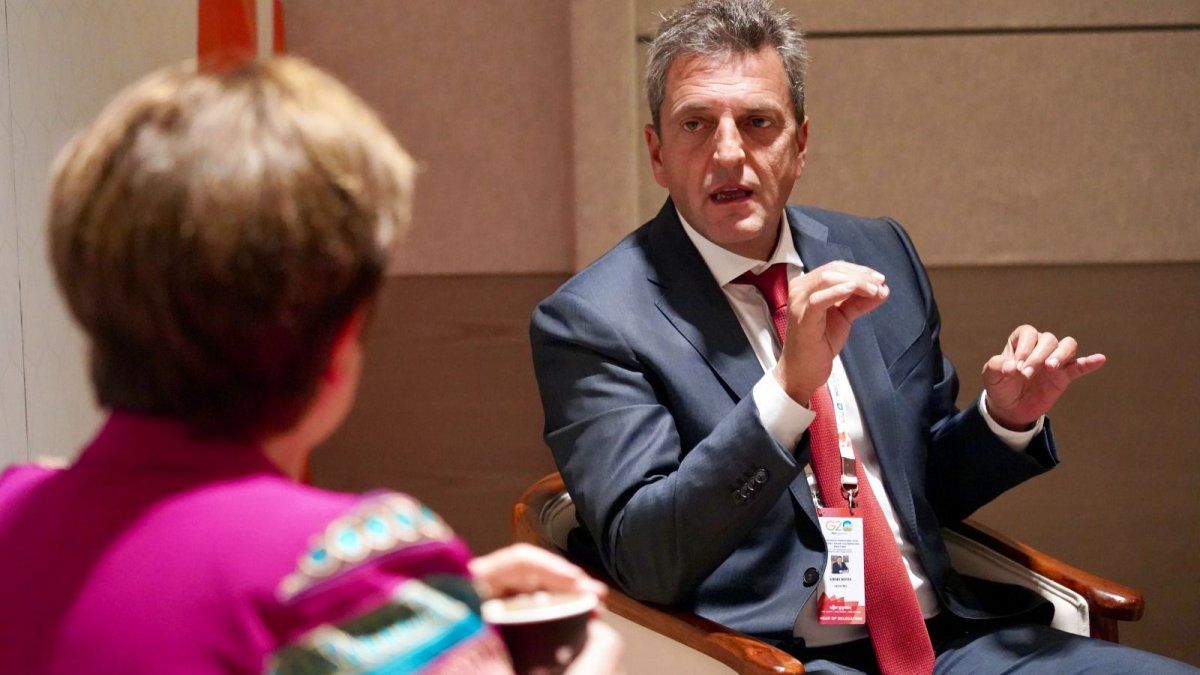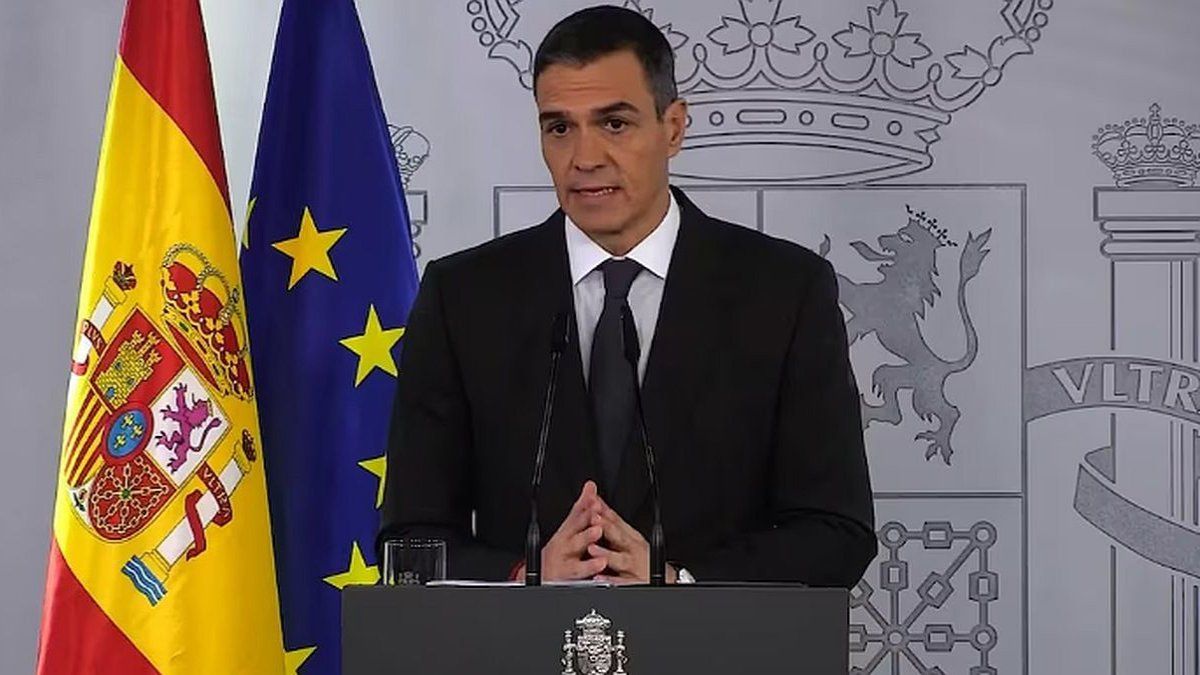Part of these questions seem to have been answered if, as the Economy sources have stated in the last few hours, between today and tomorrow a new target is announced for compliance with the level of reserves of the BCRA for the first quarter of 2023. According to sources, it is not a waver. It is the IMF itself that recognizes the change in the situation and would point to the Government being able to sustain compliance with the other two goals, the fiscal and the monetary.
The reasons are plain to see: in the last few hours, Gustavo Idigoras, president of the Chamber of the Oil Industry and the Center for Cereal Exporters, spoke of the serious situation that producers are experiencing and pointed out that this drought is the worst drought in three years and measured the damage at US$10,000 million less in exports. To this must be added the data handled by the Economy, the US$5 billion cost of the war in terms of imports due to high energy prices. These are astronomical figures for the scarcity that the Central Bank manages and the sacrifices that the economy makes to be able to “pay” for that scarcity.
You have to remember that, Related to the reserve goals for the first quarter of 2023, the Central Bank had to increase its holding of net reserves by some US$5.5 billion, based on the level of December 2021, that is, the accumulated amount had to exceed US$ s7,800 million for March 31. Although the BCRA practically had that level at the end of 2022, in recent weeks the outflow of dollars increased, to the point that it would currently be below US$5 billion. That is to say, a difference of almost US$3,000 million with the theoretical figure that it should reach.
But there are more reasons for the IMF to keep an eye on Argentina. As if that were not enough, the “super dollar” touched a maximum value for the last few weeks on Friday after data showing that inflation accelerated in the United States, reinforcing expectations that the Federal Reserve will raise interest rates, several times more than expected. This also set off alarm bells due to the impact on Argentine assets and reached the IMF table.
Another piece of information is just as relevant: within the framework of the G20, the IMF also called for progress in resolving the sovereign debt problems that many countries will face and to strengthen the debt architecture to improve its resolution. It is not a small thing considering that Argentina still has to cancel practically the entire debt with the agency.
As was said, at this time, the discussions in the Fund are focused on negotiating the exact number of reserves, the one that Minister Massa must comply with. “The program’s objectives for this year are fiscal order, the accumulation of reserves, and orderly monetary programming. The consensus with the IMF is that it is better to adapt the programming of the year’s work from the beginning to provide predictability and not have to make waivers during the year”, assured the minister Sergio Massain statements with Ambit. The announcement will coincide with another, in this case, the approval of the goals for the last quarter of 2022, staff level agreement, (prior to the approval of the agency’s board in mid-March). Once approved by the board, some US$4 billion will be disbursed for the BCRA reserves. Those same dollars will travel back to Washington to continue canceling part of the deal.
Source: Ambito




